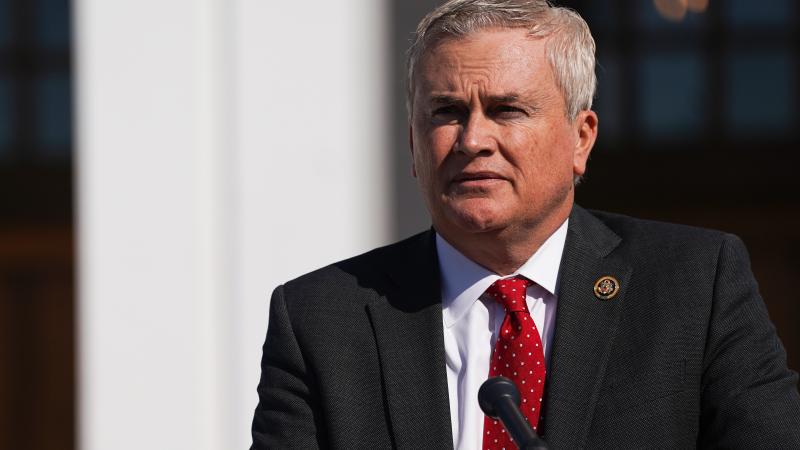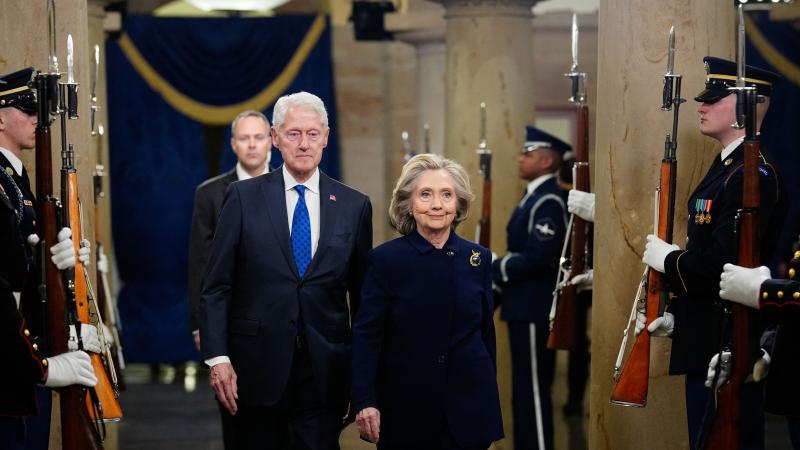Georgia hearing spotlights social media companies’ censorship
The parade of witnesses affected by deplatforming highlighted how social media companies' decisions, often cloaked in secrecy, impact their livelihoods.
(The Center Square) — A Georgia state lawmaker who says she was silenced when she switched parties last year convened a hearing to showcase how social media companies can de-platform people to manipulate messaging.
Rep. Mesha Mainor, R-Atlanta, said she called the "First Amendment, Free Speech Rally" at the Georgia State Capitol to showcase what she sees as a lack of respect for dissenting opinions.
"One thing that has happened in America is we have lots of different opinions," Mainor, who left the Democratic Party last year, said at the start of the hearing. "But just because someone's opinion is not of your own, does not mean that we should disrespect other people's opinion. It also doesn't mean that we shouldn't be open to listening to other people's opinion."
The parade of witnesses affected by deplatforming highlighted how social media companies' decisions, often cloaked in secrecy, impact their livelihoods.
"It sets a dangerous precedent to where tech companies have the power to silence dissenting voices, reshaping the narrative to fit their agendas," Nick Miles, a business owner and the former director of events for the WalkAway Campaign, said. "This control over public discourse is a direct assault on the principles of free speech and open debate.
"We must ask ourselves, 'Who gets to decide which voices are heard and which are silenced?'" Miles added. "When social media platforms, designed to be spaces of free expression and exchange of ideas, become the arbiters of truth, we tread a dangerous path. The ability to question, challenge, and dissent is not just the right; it is the lifeblood of our democracy."
The group said its Facebook page was removed after the Jan. 6, 2021 attack at the U.S. Capitol.
Matt Taibbi, an investigative journalist who published the "Twitter Files," said government or congressional agencies might take an interest in a site and send a letter to a social media platform saying they want the company to review content and, at its discretion, determine whether it violates the terms of service.
"So, the platforms communicate with each other; they communicate with the government, as well," Taibbi said during the hearing. "This is the sort of unseen process that leads to ... a lot of these accounts being taken down.
"I think it violates the First Amendment," Taibbi added. "Is this kind of communication legal? Is it constitutional? I think it isn't. But WalkAway, I think, is one of the primary examples of the government seeing something that isn't there or inventing something that isn't there and suppressing speech of legitimate citizens as a result."
















